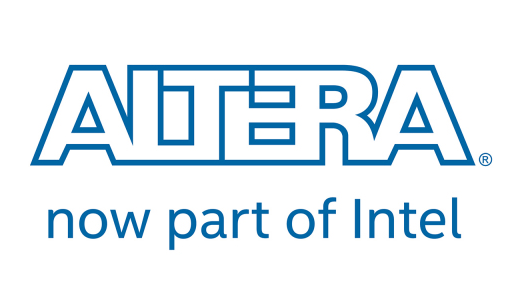Intel extends Moore's Law, acquires Altera
January 05, 2016
on
on

After several decades of holding true, it is time for Moore's law to be promoted to a natural law that can be applied at will. At least that is what Intel has decided. In a press release announcing the acquisition of FPGA manufacturer Altera, Intel CEO Brian Krzanich said:
“Altera is now part of Intel, and together we will make the next generation of semiconductors not only better but able to do more. We will apply Moore’s Law to grow today’s FPGA business, and we’ll invent new products that make amazing experiences of the future possible – experiences like autonomous driving and machine learning.”
Moore's law, named after Gordon E. Moore, the co-founder of Intel and Fairchild Semiconductor (in de proces of being acquired, BTW) is the observation that the number of transistors in a dense integrated circuit doubles approximately every two years. When an observation holds true for long enough it becomes a physical law, we all know that, and once it is a physical law, you can apply it at will, we all know that too.
I just can't wait for the amazing experiences of the future promised by Brian Krzanich.
“Altera is now part of Intel, and together we will make the next generation of semiconductors not only better but able to do more. We will apply Moore’s Law to grow today’s FPGA business, and we’ll invent new products that make amazing experiences of the future possible – experiences like autonomous driving and machine learning.”
Moore's law, named after Gordon E. Moore, the co-founder of Intel and Fairchild Semiconductor (in de proces of being acquired, BTW) is the observation that the number of transistors in a dense integrated circuit doubles approximately every two years. When an observation holds true for long enough it becomes a physical law, we all know that, and once it is a physical law, you can apply it at will, we all know that too.
I just can't wait for the amazing experiences of the future promised by Brian Krzanich.
Read full article
Hide full article


Discussion (0 comments)